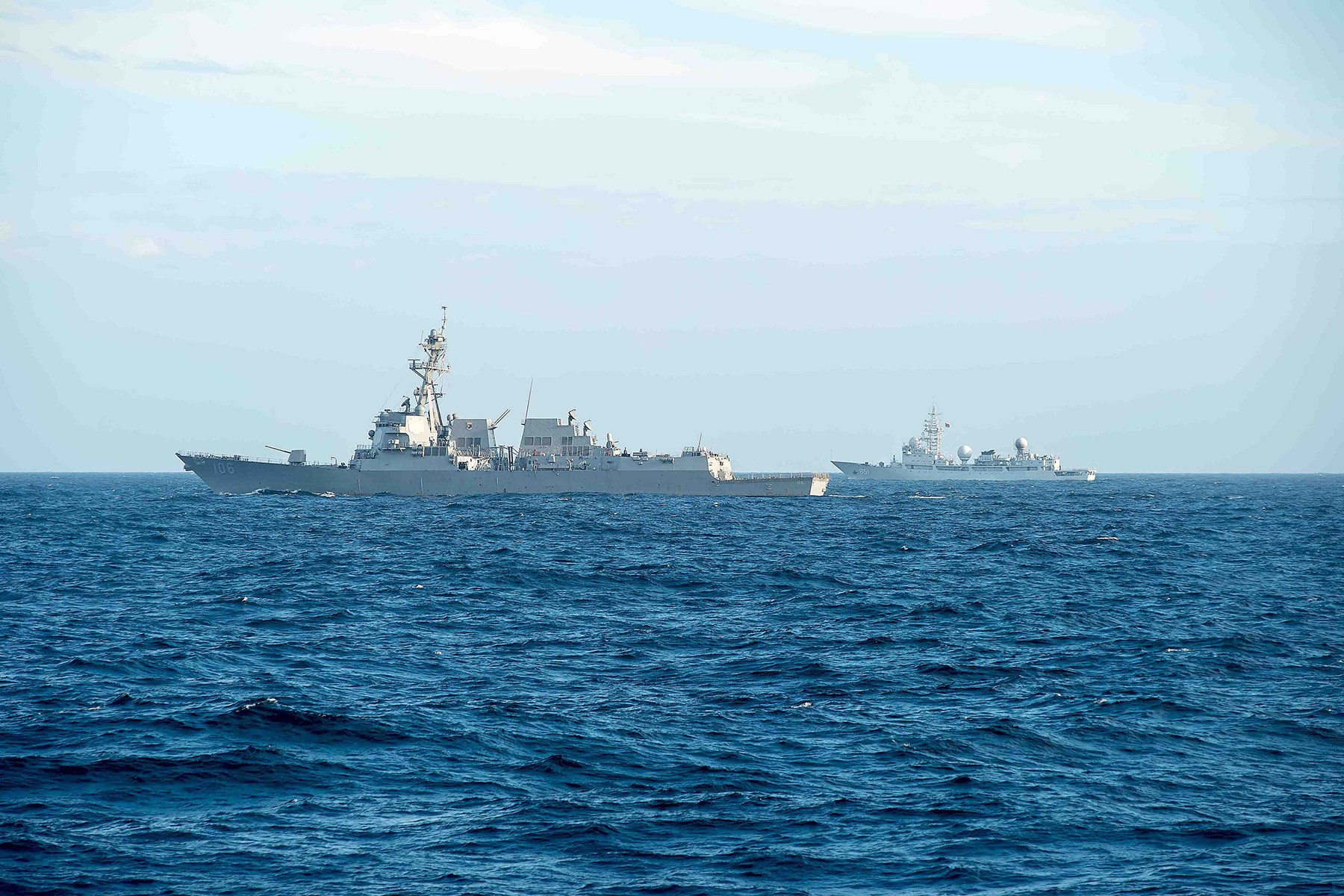
Lucio Blanco Pitlo III, President of Philippine Association for Chinese Studies, and Research Fellow at Asia-Pacific Pathways to Progress Foundation
Oct 24, 2017
Most of the living and non-living resources in South China Sea are clustered in near coastal waters of littoral states and such resource mapping has far reaching implications in terms of defining potential areas for joint development. Creating potential for joint development of resources between China and the Philippines would put a premium on economic cooperation which has been actively pursued by the Duterte government. While public acceptance and legal challenges remain, it ultimately will be a political exercise of defining national interests and calculating domestic and international responses.
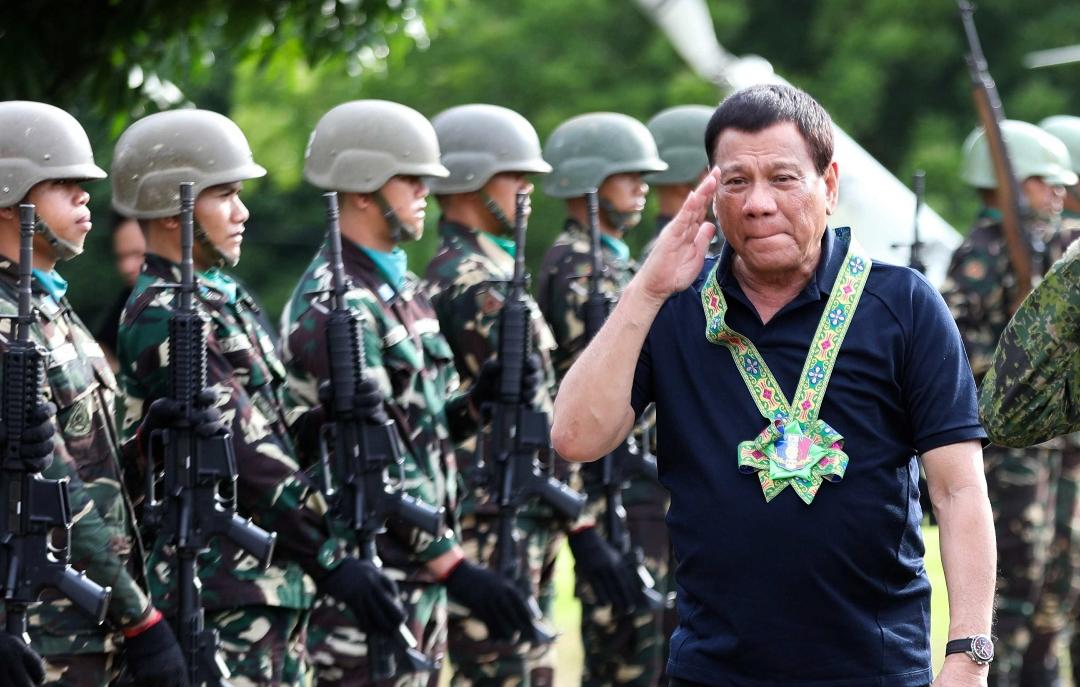
Richard Javad Heydarian, Professorial Chairholder in Geopolitics, Polytechnic University of the Philippines
Jul 10, 2017
After his first year in office, Rodrigo Duterte has arrived at three key realizations: first, it has become increasingly clear he doesn’t have the power to unilaterally shape his country’s defense policy; second is how far he can distance the Philippines from the U.S.; and third, expanding cooperation between the Philippine military and the Pentagon will constrain Duterte’s outreach to China.
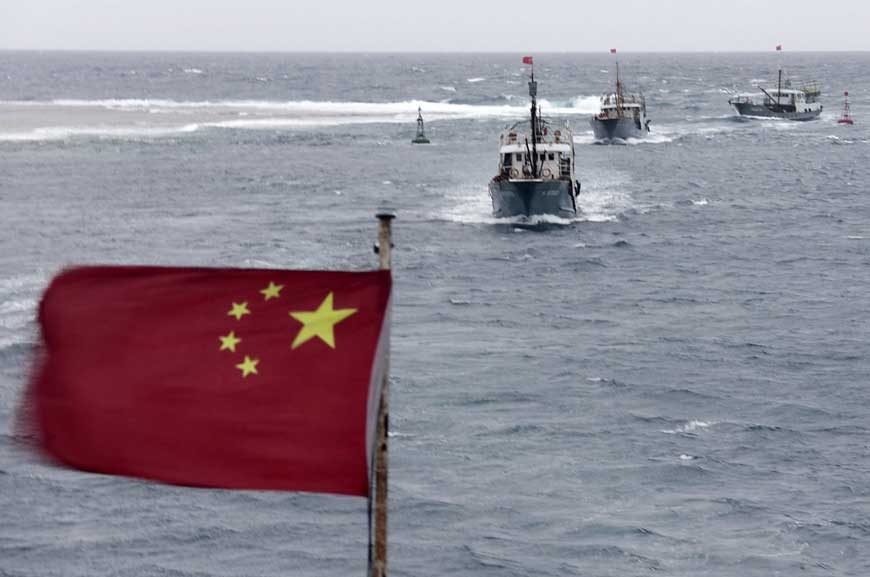
Lucio Blanco Pitlo III, President of Philippine Association for Chinese Studies, and Research Fellow at Asia-Pacific Pathways to Progress Foundation
Jun 05, 2017
The first meeting of the biannual bilateral consultation mechanism to manage the South China Sea disputes, which is hoped to have a positive cascading effect on the early conclusion for a regional Code of Conduct on the disputed sea. Hints of possible cooperation in non-traditional security can be gleaned from President Duterte’s interest to welcome Chinese presence in the Sulu Sea to help address maritime piracy and armed sea robbery.
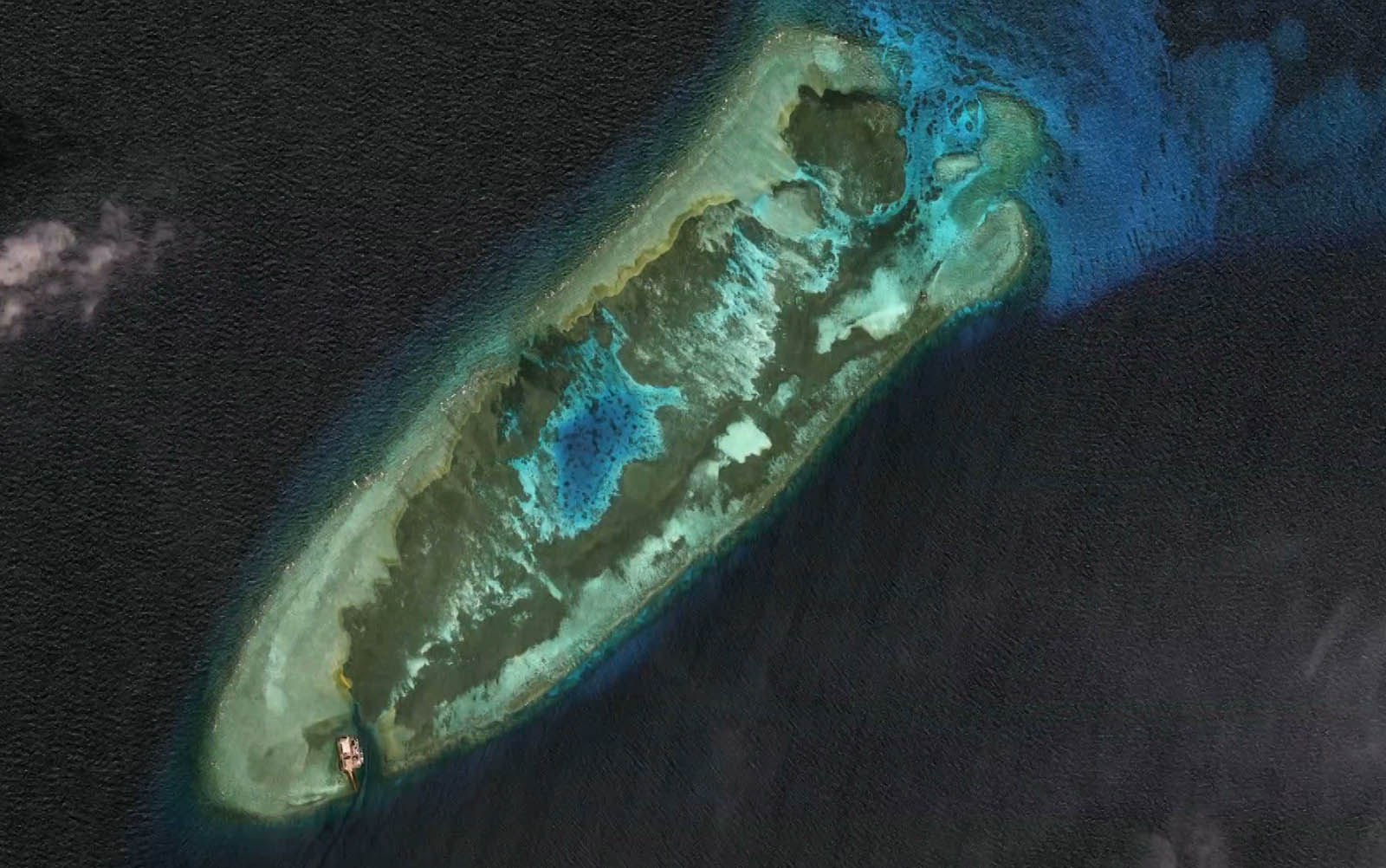
Ramses Amer, Associated Fellow, Institute for Security & Development Policy, Sweden
Li Jianwei, Director and Research Fellow, National Institute for South China Sea Studies
Jun 01, 2017
Strong political will from both sides, coupled with quiet diplomacy to handle contentious issues and consider each other’s concerns, and is leading to flexibility in China-Philippines management of their maritime disputes.
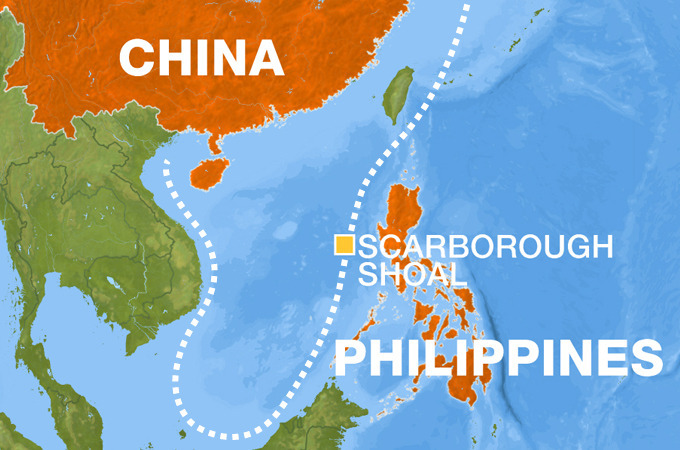
Luo Liang, Assistant Research Fellow, National Institute for South China Sea Studies
Jun 01, 2017
That Beijing and Manila have smoothly maneuvered a new bilateral consultation mechanism for the South China Sea issue in such a short time — and made it a platform for confidence-building as well as maritime and security cooperation — is praiseworthy. It also demonstrates the futility of outside interference in the sea issue.
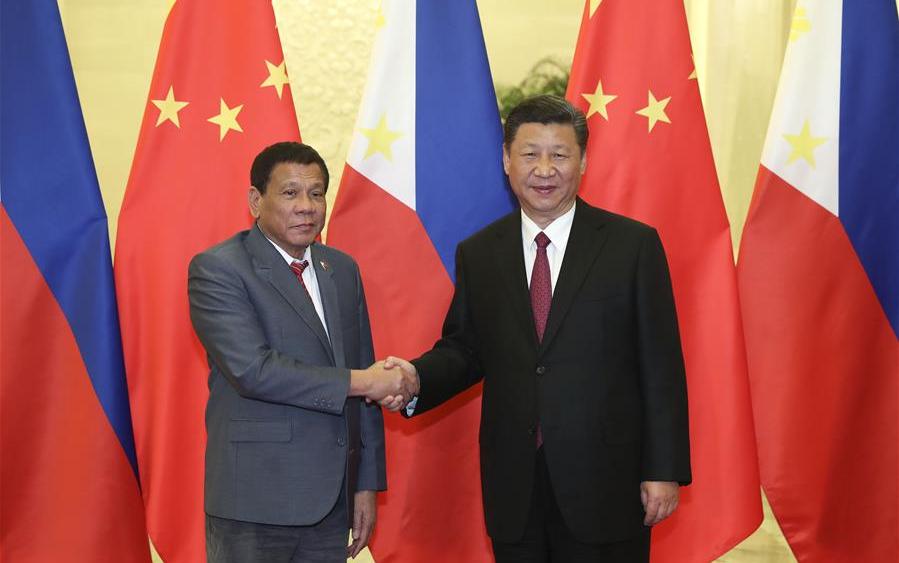
Richard Javad Heydarian, Professorial Chairholder in Geopolitics, Polytechnic University of the Philippines
May 23, 2017
During his second official visit to Beijing in less than a year, Duterte held formal talks with both Chinese President Xi Jinping as well as Premiere Li Keqiang, where the two neighbors reaffirmed their commitment to look beyond their difference in the South China Sea and, instead, focus on areas of common concern. In exchange for these diplomatic and strategic concessions, Duterte expects China to serve as a key partner for his country’s national development. China’s new Silk Road initiative, in particular, has caught the Philippines’ attention.
Richard Javad Heydarian, Professorial Chairholder in Geopolitics, Polytechnic University of the Philippines
Apr 27, 2017
The Philippines is often portrayed as an American ally on the verge of defecting to Eastern powers, with Duterte firmly overseeing this strategic shift. Yet, a closer look reveals that the tough-talking Filipino leader doesn’t have the requisite power to unilaterally reshape his country’s foreign policy, nor is he interested in fully severing ties with the Philippines’ century-old ally, America.
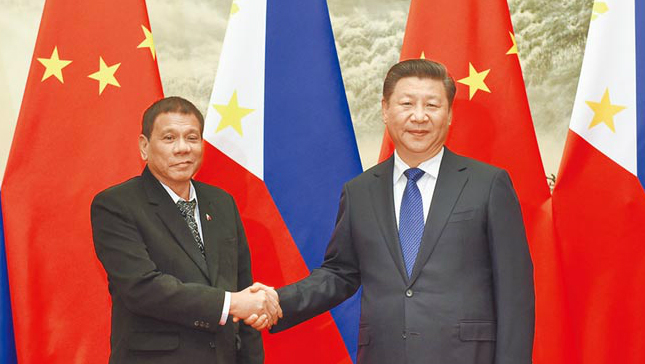
Lucio Blanco Pitlo III, President of Philippine Association for Chinese Studies, and Research Fellow at Asia-Pacific Pathways to Progress Foundation
Apr 27, 2017
Although many criticize Philippine President Duterte’s apparent flip-flopping and unpredictable foreign policy, a careful look will reveal several emerging consistencies in evolving Philippine diplomacy, notably expanding economic ties with China, downplaying security ties with U.S., and managing regional disputes. Furthermore, given evolving regional and global dynamics, President Duterte’s foreign policy ambiguity reflects regional state practice and may actually benefit the Philippines.
Sébastien Colin, Associate Professor, National Institute for Oriental Languages and Civilizations, Paris
Apr 18, 2017
Could the arbitration award of 12 July 2016 have unexpectedly opened a cycle of appeasement between China and South-East Asian countries in the South China Sea? It is difficult to conclusively answer this question, since behind these changes are uncertainties and continuities likely to undermine at any moment the progress made.
Zhou Bo, Senior Fellow, Center for International Security and Strategy, Tsinghua University
Jan 25, 2017
Like the confidence-building measures that have maintained peace and stability along the disputed China-India border, a code of conduct agreement with ASEAN will smooth relations and invite new cooperation — without regard to the Philippines’ improper and unilateral appeal for outside arbitration.
Back to Top

- China-US Focus builds trust and understanding between the U.S. and China through open dialogue among thought leaders.
- Our Offerings
- Topics
- Videos
- Podcasts
- Columnists
- Research Reports
- Focus Digest
- Stay Connected
-
Thanks for signing up!
- Get the latest stories from China-US Focus weekly.